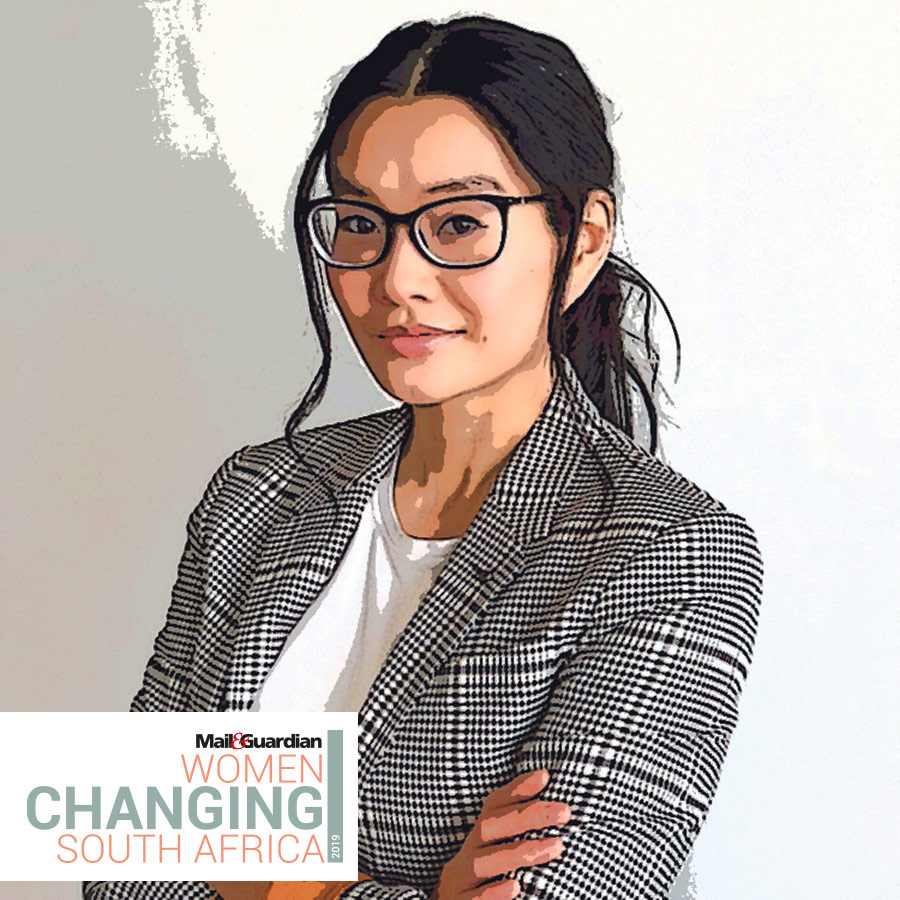Women are incredible beings; we have the ability to create life as well as being fighters.
A South African of Chinese descent, Kayan Leung grew up in the final days of the apartheid era, and felt the repercussions of the strict segregationist policies. It was the marginalisation along racial lines that fuelled her desire to “bring in inclusivity and represent minority voices”.
At university, Kayan chose to study law as it would have some impact on society. Her legal career has primarily focused on human rights, with a stint as a volunteer at Amnesty International. She completed her articles at Lawyers for Human Rights, where she focused on migration. Leung says her human rights work has always been done “through a gendered lens” as women bear the brunt in any vulnerable situation.
In July 2018, she joined Sonke Gender Justice, a nongovernmental organisation promoting gender equality, to focus on violence against women. At Lawyers for Human Rights, she saw many clients coming from abusive homes.
Leung maintains that South Africa has a long way to go towards building a safer society for women, although some advances have been made. She says that the laws relating to gender are difficult to implement, as there are certain groups that are more vulnerable and face multiple layers of persecution, such as black women.
The #TotalShutDown march to the Union Buildings in August and the subsequent gender summit are an indication of collective power, says Leung. She is a strong believer in human rights lawyers not just remaining in their offices but interacting with communities “who hold the power”.
“Women are incredible beings; we have the ability to create life as well as being fighters. Look at women in history; it’s quite apparent that we are fighters, even though systems have tried to oppress us,” Leung says.
She acknowledges that the increased number of sexual harassment claims in civil society need to be taken seriously. “Civil society needs to be transparent about allegations. The nature of sexual harassment is different to sex-related crimes, which are often easier to prove and don’t take place within workplace power-balance dynamics.”
— Tehillah Niselow
Twitter: @Kayan_Leung

